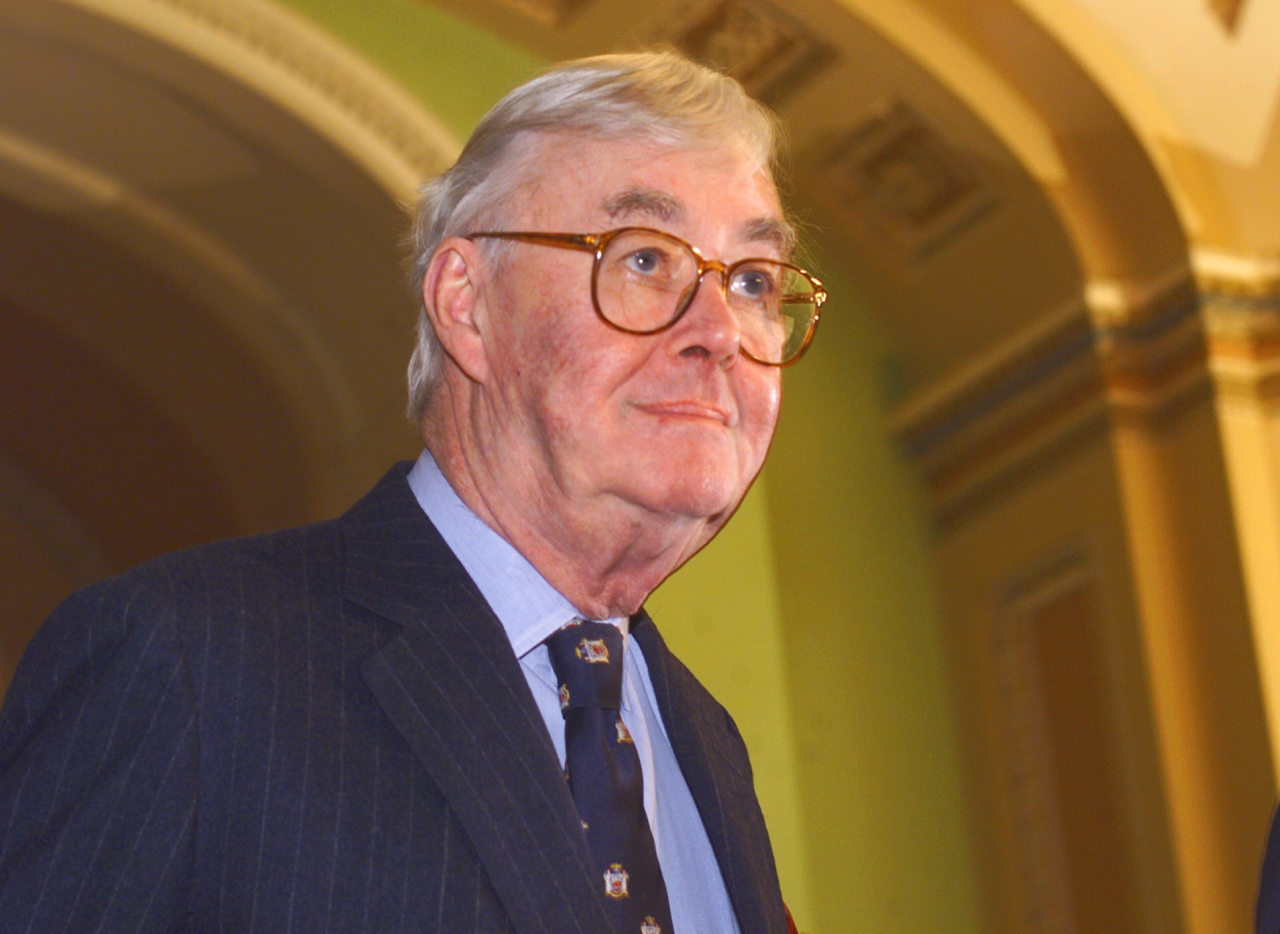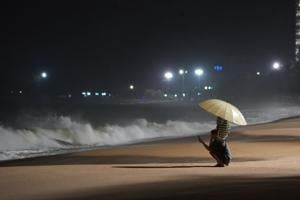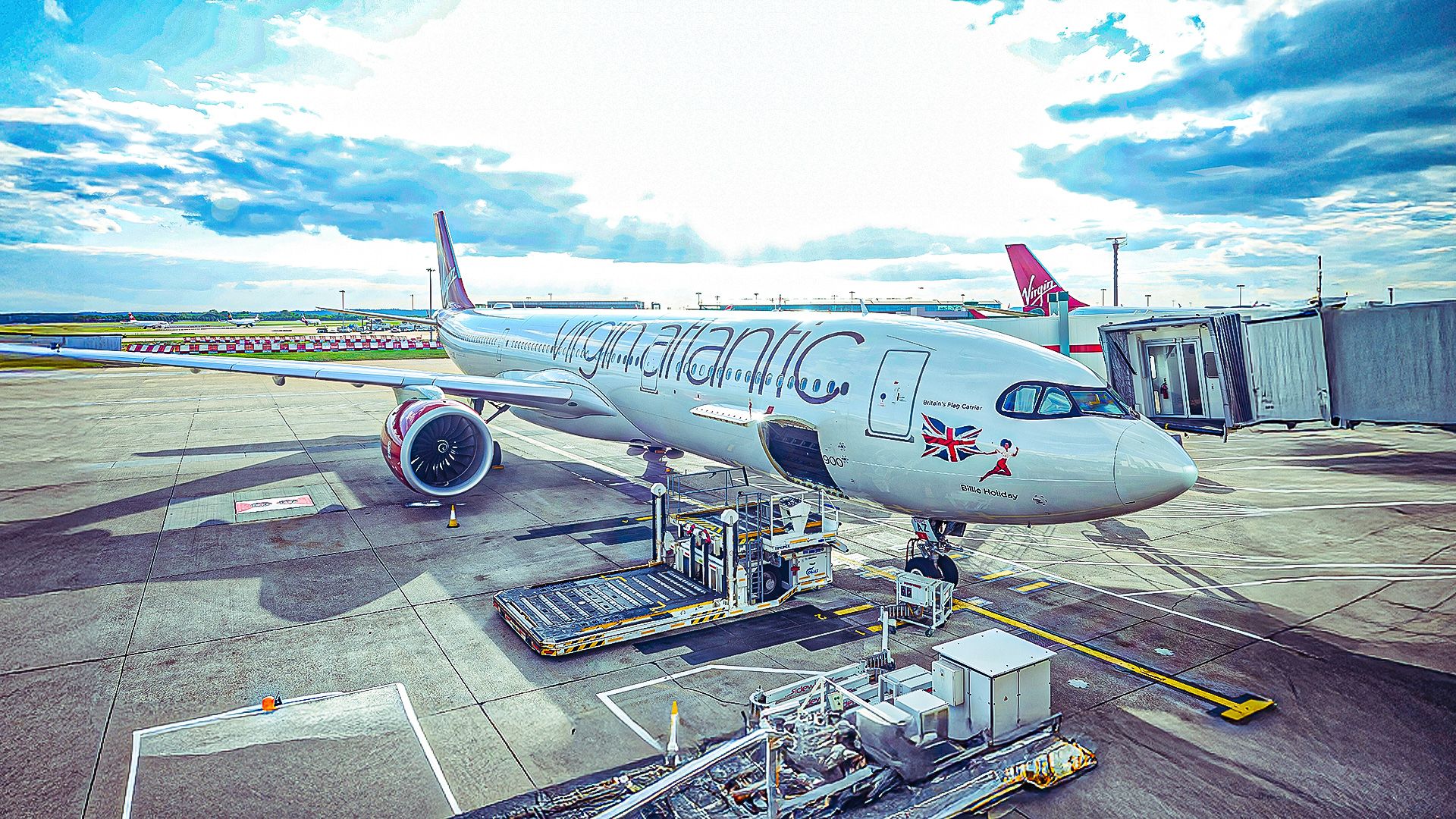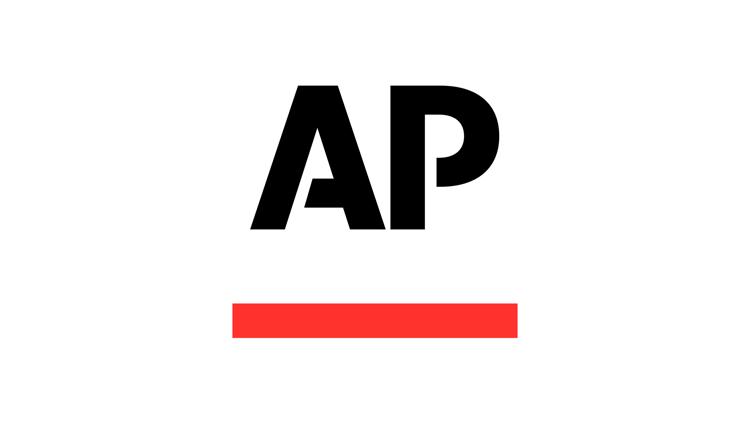The royal landscape has shifted dramatically as King Charles III has initiated the process of stripping his brother, Andrew Mountbatten Windsor, of his royal titles. Previously known as Prince Andrew, Duke of York, and Earl of Inverness, he now faces a stark new reality following a formal announcement from Buckingham Palace. This decision comes in the wake of Andrew’s longstanding ties to the convicted sex offender Jeffrey Epstein, culminating in his removal from the peerage list just hours after the announcement.
On Thursday night, Buckingham Palace confirmed that Andrew had been served notice to vacate Royal Lodge, his residence since 2003. The grand mansion, located in Windsor Great Park, has been home to Andrew under a 75-year lease granted by the late Queen Elizabeth II. The palace’s statement indicated that he would relocate to “alternative private accommodation” as soon as feasible.
Future Living Arrangements and Financial Support
Speculation about Andrew’s next home suggests he may be offered a property on the King’s private estate in Sandringham, Norfolk, a location known for its expansive grounds and numerous residences. However, Andrew may not move until after the Christmas holidays. This timeline is due to the logistical challenges of terminating his lease and arranging the move.
Despite losing his titles, Andrew is expected to continue receiving financial support from King Charles III. Reports indicate that he previously received an annual allowance estimated at around £1 million (approximately $1.3 million). While it remains unclear how much support he will receive moving forward, it is understood that the King will still provide some income. Andrew’s only declared income source is a pension from his naval service, believed to be approximately £20,000 (around $26,000) annually.
Andrew remains eighth in line to the British throne, despite his title removal. The formal process to exclude him from the line of succession would require legislation and the consent of Commonwealth nations, a task that could take considerable time.
Impact on Family and Public Perception
The repercussions of Andrew’s title removal extend beyond himself. His ex-wife, Sarah Ferguson, has already reverted to her maiden name and plans to move out of Royal Lodge, marking a new chapter in their post-divorce relationship. Their daughters, Princess Beatrice and Princess Eugenie, retain their royal titles but are non-working royals living independently.
The political ramifications of Andrew’s situation are also gaining traction. The Liberal Democrats, an opposition party, have called for Andrew to testify before a parliamentary committee regarding his financial matters. This request follows public demands for accountability and transparency concerning his finances and living arrangements.
Activist group Republic has announced its intention to pursue a private prosecution against Andrew, seeking accountability for allegations of sexual offenses. Virginia Giuffre, a prominent accuser linked to Epstein, has made serious claims against Andrew, including allegations of sexual encounters when she was a minor. Despite Andrew’s denials of all allegations, he reportedly settled a civil case with Giuffre for millions of dollars in 2022.
Public sentiment towards Andrew remains overwhelmingly negative. A recent poll by YouGov indicated that 91% of respondents held a negative view of him, with only 4% expressing a positive opinion. In contrast, figures like Prince William and King Charles have maintained favorable ratings among the public.
The royal family has taken several measures to distance itself from the accusations surrounding Andrew, but none have fully quelled public discontent. As the royal family seeks to move forward, the lasting impact of Andrew’s actions and the public’s reaction to his situation remain to be seen.







